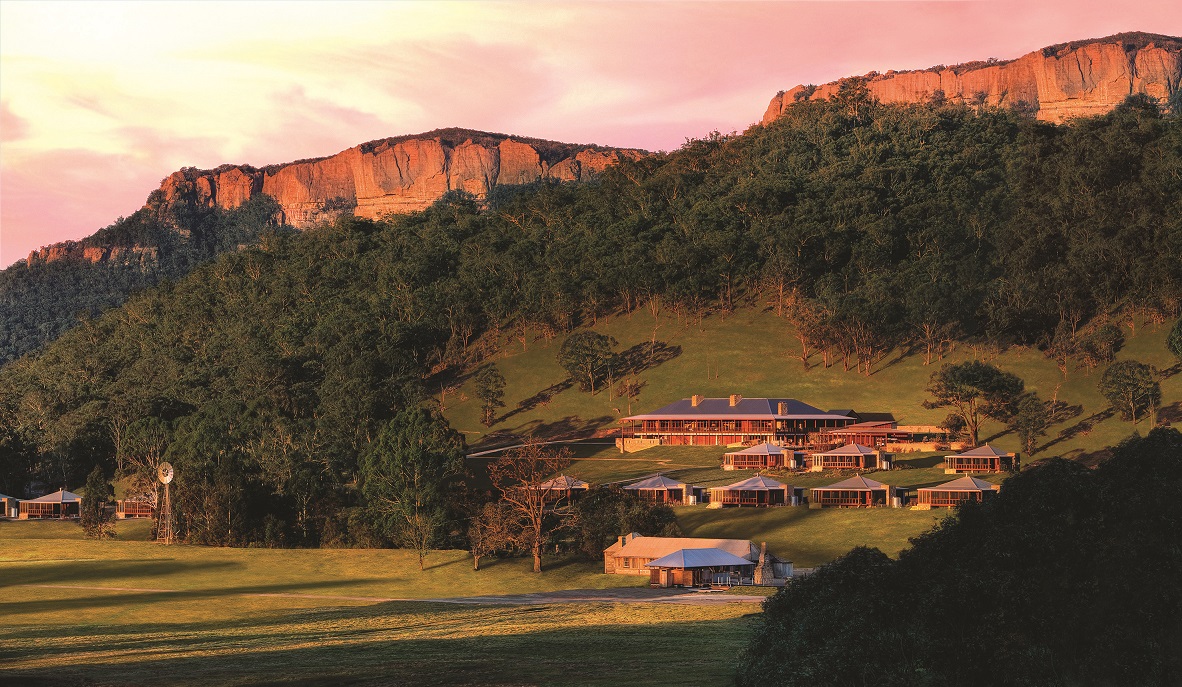While people around the planet continue to grapple with the pandemic, there’s also a call to pause and reflect on another cause – Time for Nature, the theme of the UN’s World Environment Day on 5 June.

While people around the planet continue to grapple with the pandemic, there’s also a call to pause and reflect on another cause – Time for Nature, the theme of the UN’s World Environment Day on June 5.
Emirates, acutely aware of its role in the planet’s natural ecosystem, has continued to make progress in the attainment of its environmental goals. The airline showcased this environment performance in its annual financial report for 2019-20, painting a holistic picture and filling in the context of its achievements.
An important cause close to Emirates’ heart is keeping wildlife in the wild. The airline is committed to tackling the illegal trade in the sale of wild animals either as pets, or for their hides, tusks or other body parts for use in food, medicine, exotic leathers, jewellery and ornaments – all worth around US$20 billion every year.
Emirates is active across industry and international efforts, and is part of United for Wildlife, ROUTES (Reducing Opportunities for Unlawful Transport of Endangered Species), and the World Travel and Tourism Council (WTTC).
Emirates has a zero tolerance on carrying banned species, hunting trophies or any products associated with illegal wildlife activities. The airline’s ground-handling team is trained in IATA’s Live Animal Regulations and its internal policies, and more than 2,500 airport services employees were trained last year to recognise and report suspicious cargo.
Emirates’ efforts in the areas of wildlife conservation are well known. The airline has been helping protect Australia’s extraordinary flora and fauna for over 10 years at Emirates Wolgan Valley, the conservation-based resort in New South Wales. Emirates’ 20-year partnership with the Dubai Desert Conservation Reserve (DDCR) continued to build on its successful programmes to track, maintain and reintroduce native wildlife species, such as the Arabian oryx, Arabian gazelle, sand gazelle. In January, the reserve released 250 MacQueen’s bustards into its natural habitat – a remarkable achievement by any standard.
Reducing carbon emissions is central to Emirates’ environmental sustainability strategy, which is underpinned by its young, technologically advanced fleet with an average age of just 6.8 years. The airline’s comprehensive fuel efficiency programme, which analyses and implements ways to reduce unnecessary fuel burn and emissions wherever operationally feasible, delivered a 1.9 per cent improvement in passenger fuel efficiency for the full year. The airline’s efforts to optimise flight plans and fuel uplift, while ensuring safety and operational integrity, alone saved an estimated 38,000 tonnes of fuel or around 120,000 tonnes of CO2 emissions. This was supported by data-driven methodologies and awareness programmes for pilots.
From Viet Nam, Emirates operates daily flights to Dubai from HCM City and twice daily flights from Hà Nội, connecting Vietnamese passengers to more than 150 destinations in 85 countries and territories, including 42 destinations in Europe.— VNS





